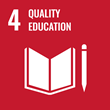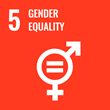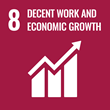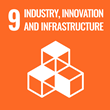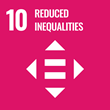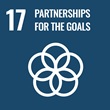Project information
Situation-aware OrchestratioN of AdapTive Architecture
(SONATA)
- Project Identification
- 101137507
- Project Period
- 1/2024 - 12/2027
- Investor / Pogramme / Project type
-
European Union
- Horizon Europe
- Cluster 1 - Health
- MU Faculty or unit
- Faculty of Economics and Administration
- Cooperating Organization
-
Institute of Postgraduate Education in Medicine Prague
- Responsible person Alex Nguyen
Technion - Israel Institute of Technology
The majority of workers express dissatisfaction with their shared workplace design, which harms their health, wellbeing, productivity and social relations. So-called ‘adaptive’ workplace technologies try to manage these health risks by automating a wide range of architectural building services. However, there is severe lack of concrete evidence on how the short- and longer-term impact of such adaptive architectural technologies on health and wellbeing can be objectively measured, and then become benchmarked and optimized for a variety of hybrid workplace contexts.
SONATA therefore aims to generate evidence-based recommendations on the use of architectural adaptation as technological intervention that can benefit human health and well-being in the workplace. Firstly, SONATA aims to measure, quantify and increase the range of health and well-being benefits of the separate and combined effects of state-of-the-art architectural adaptations on four different building shearing layers. Secondly, SONATA will generate empirical knowledge on how these multiple co-located adaptations can be intertwined together so that their health and wellbeing impact is greater than the sum of the separate layers. Lastly, SONATA investigates how these positive effects can become equitably negotiated between the varying - and often conflicting - work situations that must co-exist in a shared workplace.
To ensure the resulting recommendations are feasible, easily adoptable and cost-effective to implement, SONATA will involve the pro-active participation and critical analysis from a well-considered selection of key target group representatives, such as workers, OSH-responsibilities, OEM and OHP experts, architects, workplace organisation innovators, adaptive technology manufacturers, and building certification consultants.
Sustainable Development Goals
Masaryk University is committed to the UN Sustainable Development Goals, which aim to improve the conditions and quality of life on our planet by 2030.
